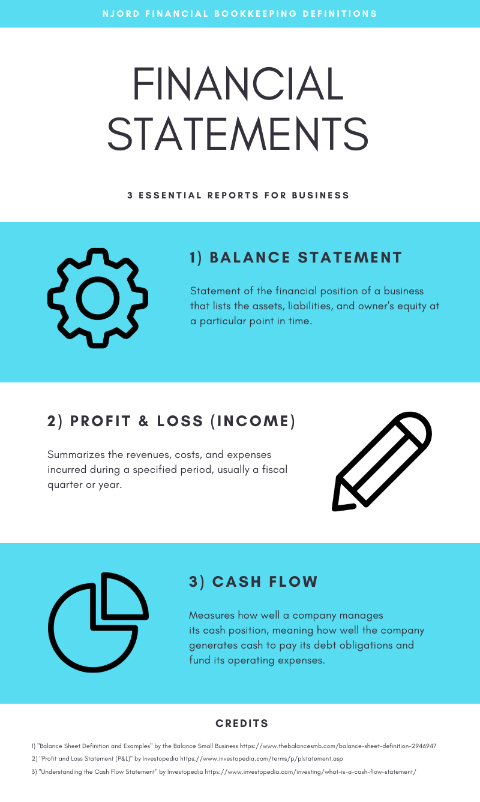Every business should keep tidy books. After all, understanding cash flows, monies in, and monies out is essential to running and growing a successful enterprise. When it comes to small businesses, however, keeping clean financial records while simultaneously running all business operations can be nearly impossible.
Veterinary clinics are one example of small businesses that suffer from a lack of bookkeeping, where care technicians often double as administrative staff. It’s easy to see how this sort of arrangement can lead to inefficiencies and costly mistakes. Understaffed vet clinics, groomers, and doggie-daycares alike should therefore consider these 5 Essential Vet Bookkeeping Services to save themselves some a lot time and money in the long run.
Table of Contents
Data Storage

Hiring a bookkeeper to digitize and design secure data storage systems can help businesses like vet clinics to meet their financial and legal obligations.
First, and most obviously, understanding business credits and debits over a period of time can inform and drive change to important operations, longterm financial planning, tax responsibilities and more. For example, a company might use last year’s financial records to identify and plan a marketing campaign during a busy period to maximize brand exposure and sales.
In addition to the strategic use of financial records for business purposes, securing and storing financial records is also often required by regulatory agencies such as the Internal Revenue Service (IRS).
Types of Storage
As part of a comprehensive data storage strategy, your bookkeeper may recommend storing files both physically and digitally:
- Physical Storage: Any well-organized financial record keeping scheme should include physical copies of documents, receipts, etc. Not only is it wise to keep records around for your own use and reconciliations, but the IRS requires tax-related expense and income records to be kept for a minimum of 3 years. Best practices include sorting in chronological order, using labels, and ensuring that document storage receptacles are resistant to physical damage like fire and water.
- Computer File Storage: Storing files locally on a digital device such as a computer, flash drive, or external hard drive is another way to handle your financial record keeping responsibilities. Popular stock spreadsheet programs such as Microsoft Excel or Macintosh Numbers may come in handy here. Unfortunately, these simple systems are labor-intensive and therefore may only be useful for businesses that don’t have a lot of files. This setup also raises questions of cybersecurity and ongoing management.
- Cloud-Based Storage: The final and most-preferred method for standardized bookkeeping and financial records. Using a cloud-based bookkeeping platform such as QuickBooks Online helps business owners and their employees file and store important financial items neatly and securely. Another advantage of cloud-based storage is that multiple stakeholders can access, use, and make updates to a given document in realtime.
Reconciliation

Another essential bookkeeping service for veterinary clinics is reconciliation. Defined generally as the process of comparing internal financial records against monthly statements from external sources, understanding the differences between actuals versus initial recordings versus projections is integral to the financial health of a business. Outsourcing reconciliation efforts to a professional bookkeeper will ensure that all money is accounted for–all the way down to the last cent.
The Reconciliation Process
- Internal Account Register vs. Bank Statements: The comparison of all payments and deposits from bank statements against all of those marked on the internal register, noting all transactions that don’t have physical evidence to support them.
- Outgoing Funds: Double-checking that all outgoing funds including but not limited to checks, ATM transactions, and other miscellaneous charges appear on both the bank and internal record.
- Incoming Funds: Double-checking that all incoming funds such as checks, transfers, and cash deposits appear on both the bank and internal record.
- Bank Errors: Although bank errors are rare, it’s important to double check your bank statement for fees or mistakes and make sure those figures are accounted for on the internal record.
- Verify Balances: After reviewing the previous items your bank record and internal records should match. If not, you or your bookkeeper may create a supporting schedule that details any differences in the records.
Reports

Coming up with an efficient way to record and store financial records is only half of the bookkeeping battle. The other half (and arguably most important) is the utilization of those foundational records to create useful financial statements. Financial statements help entrepreneurs understand their business’ fiscal well-being by quickly explaining where a company’s money came from, where it went, and where it is now.
The three most essential financial statements include a balance statement, profit and loss (income) statement, and cash flow statement.
Essential Financial Reports
- Balance: Presents a company’s financial position at the end of a specified date by providing a snapshot of a company’s assets, liabilities, and shareholders’ equity. Of the big three financial statements, a balance sheet is the only one that shows the financial health of a company at any given moment.
- Profit & Loss (P&L): Also known as an Income Statement, P&L shows how much revenue a company earned versus how much money it spent over a period of time. The P&L is the best view of a company’s bottom line and can be used to demonstrate growth potential to lenders and investors.
- Cash Flow: Documents cashflows (credits and debits) and tells business owners whether or not they generated or lost cash during a certain period. This report combines the net income with non-cash transactions to show exactly what happened between specific dates.
Standards & Processes

One of the most important reasons veterinarians and other small businesses work with bookkeepers is to settle upon standardized processes for logging, tracking, and utilizing financial information.
Indeed, from setting up smart systems for accounts payable and receivable to creating templates for financial statements and beyond, engaging a professional bookkeeper out of the gate can help entrepreneurs and vet clinics alike run a smarter, leaner, and overall more efficient operation.
Outsourcing financial record keeping therefore enables clinics to devote their time to the most important business functions like care, strategy, marketing, securing funding, and other important operational tasks.
Consulting

Got a question about something that wasn’t covered? That’s okay too! The world of credits, debits, and financial record keeping can be difficult for the average entrepreneur to navigate. Luckily, many bookkeepers offer hourly consulting services to help business leaders solve record keeping questions both big and small.
In addition to the standardized services mentioned in this article like establishing record keeping systems or producing financial reports, bookkeeping consultants can also provide answers to niche or industry-specific issues. A few popular bookkeeping services provided to veterinarians, for example, include sorting out costs and income streams based on patient types (canine versus feline versus equine, for example).
Recap

Bookkeeping is a vital business process that requires careful consideration, planning, and execution. Just as businesses hire attorneys to write a contracts or architects to draw building plans, outsourcing essential bookkeeping services to a professional ensures that important financial record keeping systems are in place and that standards are being met. As such, entrepreneurs, large enterprises, and small business owners like vet clinics, groomers, and doggy daycares should seriously consider engaging a bookkeeper to equip them with essential tools to understand how they make and spend money.



